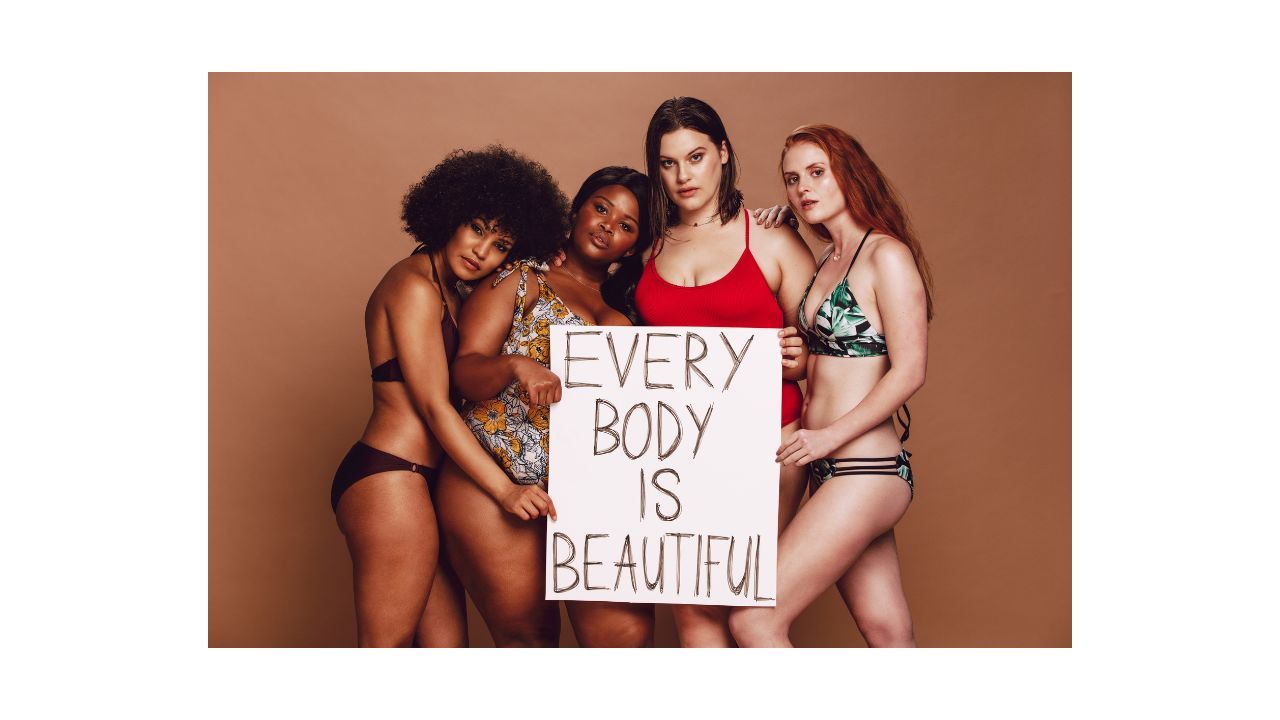
Social Media and Body Image
Apr 10, 2023This post was written by a CSUCI student.
I decided to surprise Angel, a friend whom I’ve been working out with. We usually go to the gym and have our workout sessions but this week I noticed she was feeling a little unmotivated. Yesterday in lieu of our regular gym session, I surprised Angel and we went for a bike ride instead. It was great having that motivation back from her, I believe the fresh air and the bike trail was the change of scenery Angel needed to thrive again.
After our workout, we went and grabbed a smoothie. As we sat at the smoothie bar drinking our smoothies Angel jokingly pulls up a picture of Kim Kardashian on Instagram and said that is the person she would like to look like. Angel has always struggled with her weight. It was a health scare that got Angel to finally understand that she needed to become healthier. Although It was a light-hearted statement, I believe there is an underlying truth to what Angel said about wanting to look more like Kim Kardashian.
Her statement got me thinking if she feels this way when looking at photos of celebrities and their bodies, then what about adolescents and the younger generation? Social media could be seen as a double-edged sword. Social media in the beginning was a wonderful thing. It was a way for people from all parts of the world to communicate instantly. However, in today’s social media platforms one can’t evade the many celebrities, influencers, and make-up artists who commonly post about their glorious lives. The reality is many of these “Instagram-famous” people do not necessarily portray themselves honestly.
Recently there has been a common trend where beauty influencers and other celebrities are “facetuning” their photos. Facetuning is an app that allows users to change their appearance to their liking, in theory it is just Photoshop rebranded. People alter their photos to look more “beautiful.” However, it is so easy to become desensitized to the prevalence of Facetune and similar apps due to social media influence. Young people, especially adolescents, spend many hours looking through social media and admiring strangers through a screen thinking that they look as flawless in real life, and the reality is that they don’t.
This part of social media is one of the aspects I find questionable and in need of addressing. People like Angel and other people who may struggle with their body image need to know that no matter what is being said or shown on social media, it does not define what makes them beautiful.
